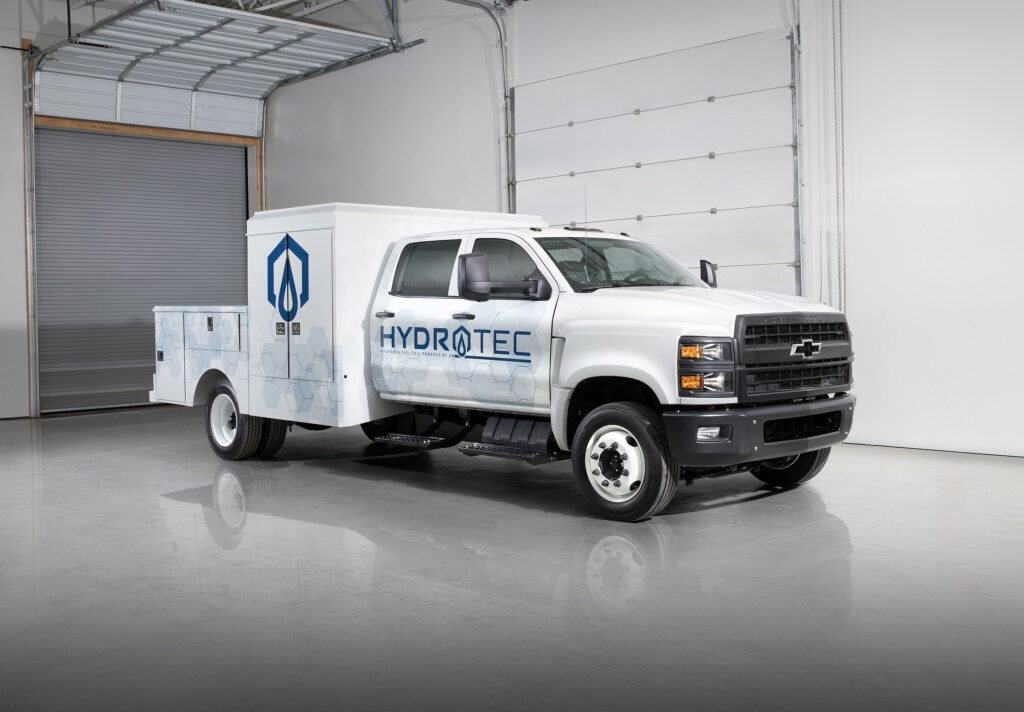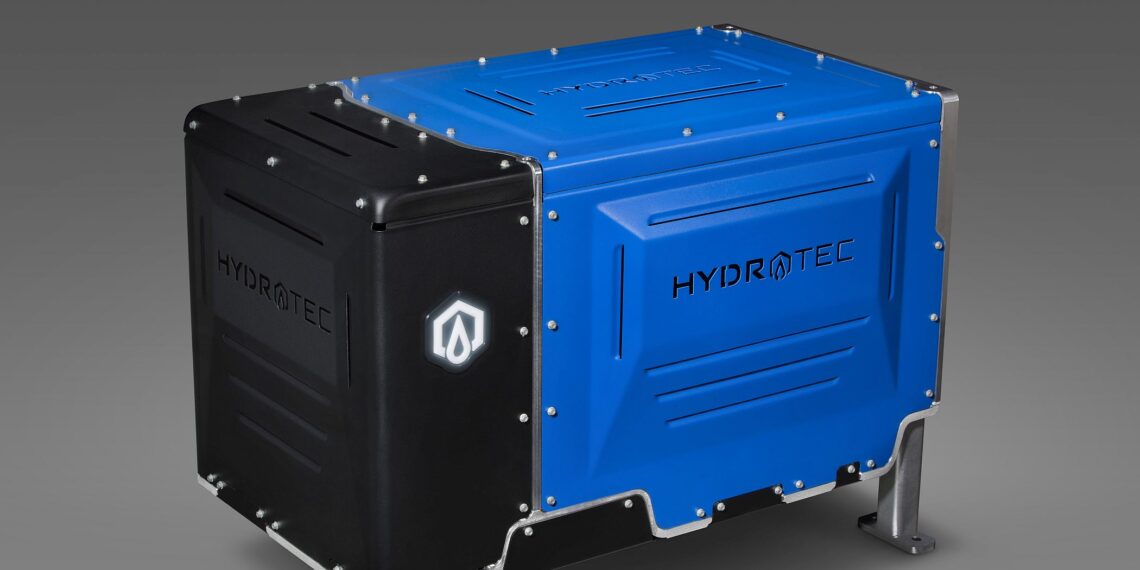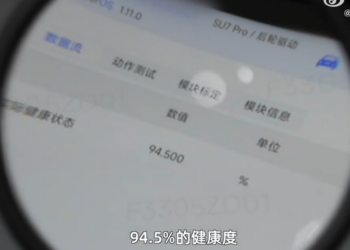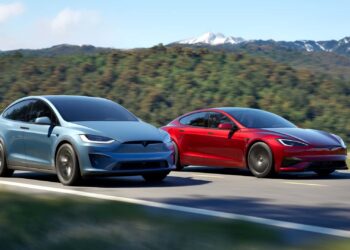General Motors (GM) has decided to end the development of mobility solutions that relied on hydrogen, focusing solely on battery electrification technologies as the solution for the future, considering that the infrastructure is easier to install and that the formula has greater acceptance among consumers. Viewed, until very recently, as an alternative solution for electrification, hydrogen has lost supporters in the automotive industry, with GM announcing the end of the development of fuel cell technology, which had been carried out by the sub-brand Hydrotec. The company will thus redirect its electrification efforts to all “technologies that have clear market acceptance, namely battery electric vehicles,” but the production of fuel cells for data centers and power generation will be maintained, through Fuel Cell System Manufacturing LLC, a joint venture between GM and Honda.

The difficulties in implementing a viable distribution network in the U.S. were the basis for the decision, with GM following the example of Hyvia, a company that was part of the Renault Group, and initiating the liquidation process at the beginning of the year. “Although hydrogen is promising for specific high-demand industrial applications, such as backup power, mining, and heavy transport, the path to achieving a sustainable business with fuel cell technology is too long and uncertain,” stated the American manufacturer in a communication, adding: “The high costs and limited hydrogen infrastructure in the U.S. have hindered the adoption of fuel cell vehicles by consumers. According to the U.S. Department of Energy, there are only 61 hydrogen refueling stations across the country, which compares unfavorably to more than 250,000 electric vehicle charging locations.”










